
Eua: A Hidden Gem in the Heart of Tonga
Eua, the often-overlooked gem of Tonga, offers a unique escape for those seeking adventure and natural beauty. Located just a short ferry ride from the bustling capital of Nuku'alofa, Eua is a world away, with its rugged landscapes, lush rainforests, and serene beaches. This island is perfect for those who love outdoor activities, from hiking and birdwatching to exploring hidden caves and swimming in crystal-clear waters. Eua is renowned for its dramatic cliffs and panoramic views, making it a hiker's paradise. The island's national park is home to a variety of native flora and fauna, and the challenging trails reward hikers with breathtaking vistas. Don’t miss the 'Ana Ahu caves, where you can marvel at the natural rock formations and experience the island's geological wonders up close. The island also boasts a rich cultural heritage, with traditional Tongan villages offering a glimpse into the timeless customs and lifestyle of the local people. Visitors can immerse themselves in the culture by participating in local ceremonies, tasting traditional Tongan cuisine, and learning about the island's history from its friendly residents. Whether you're looking for adventure, tranquility, or a cultural experience, Eua has something to offer every traveler. Its unspoiled beauty and welcoming community make it a must-visit destination for those touring Tonga.
Local tips in Eua
- Take the early morning ferry from Nuku'alofa to make the most of your day.
- Wear sturdy hiking boots for the rugged trails within Eua National Park.
- Bring insect repellent, especially if you plan to explore the rainforests.
- Hire a local guide to learn more about the island’s history and natural wonders.
- Visit the 'Ana Ahu caves early in the day to avoid the crowds.
Eua: A Hidden Gem in the Heart of Tonga
Eua, the often-overlooked gem of Tonga, offers a unique escape for those seeking adventure and natural beauty. Located just a short ferry ride from the bustling capital of Nuku'alofa, Eua is a world away, with its rugged landscapes, lush rainforests, and serene beaches. This island is perfect for those who love outdoor activities, from hiking and birdwatching to exploring hidden caves and swimming in crystal-clear waters. Eua is renowned for its dramatic cliffs and panoramic views, making it a hiker's paradise. The island's national park is home to a variety of native flora and fauna, and the challenging trails reward hikers with breathtaking vistas. Don’t miss the 'Ana Ahu caves, where you can marvel at the natural rock formations and experience the island's geological wonders up close. The island also boasts a rich cultural heritage, with traditional Tongan villages offering a glimpse into the timeless customs and lifestyle of the local people. Visitors can immerse themselves in the culture by participating in local ceremonies, tasting traditional Tongan cuisine, and learning about the island's history from its friendly residents. Whether you're looking for adventure, tranquility, or a cultural experience, Eua has something to offer every traveler. Its unspoiled beauty and welcoming community make it a must-visit destination for those touring Tonga.
When is the best time to go to Eua?
Iconic landmarks you can’t miss
Mapu'a Vaea Blowholes
Discover the breathtaking Mapu'a Vaea Blowholes, a natural wonder in Tonga showcasing nature's power with spectacular water eruptions against stunning coastal backdrops.
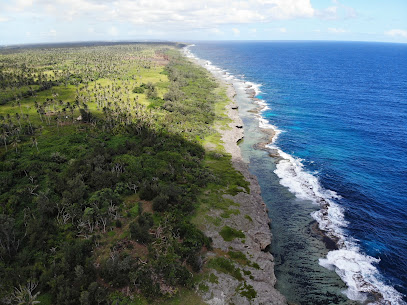
Royal Palace of Tonga
Discover the rich history and cultural heritage at the Royal Palace of Tonga, a majestic symbol of Tongan royalty and tradition.
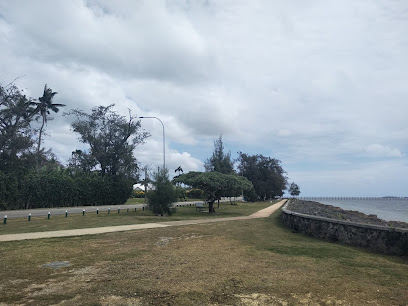
Anahulu Cave
Discover the natural beauty and cultural history of Anahulu Cave in Haveluliku, Tonga, a must-visit destination for every traveler.
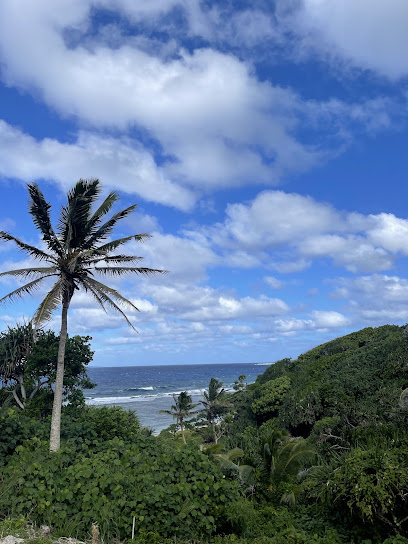
Royal Tombs
Explore the Royal Tombs of Nuku'alofa, a historical landmark that reveals the rich heritage and royal legacy of Tonga.
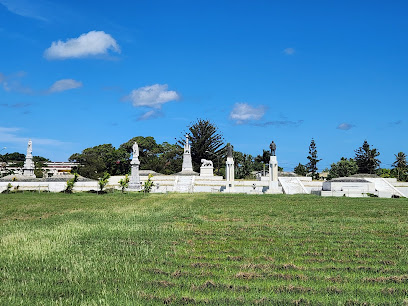
Ancient Tonga
Explore the rich cultural heritage and stunning landscapes at Ancient Tonga, a historical gem in Nuku'alofa, where tradition meets breathtaking beauty.
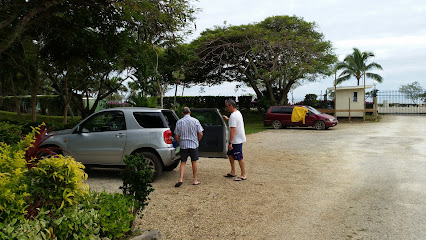
Ha'amonga 'a Maui Trilithon
Experience the breathtaking Ha'amonga 'a Maui Trilithon, a historical landmark that embodies Tongan culture and ancient architectural brilliance.
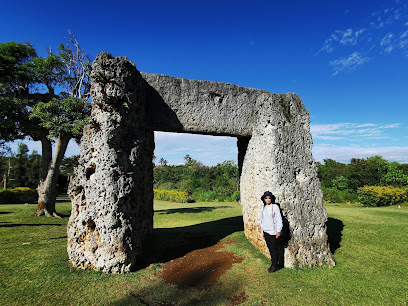
Captain Cook Landing Site
Discover the significance of the Captain Cook Landing Site in Alaki, Tonga, where history meets breathtaking natural beauty.
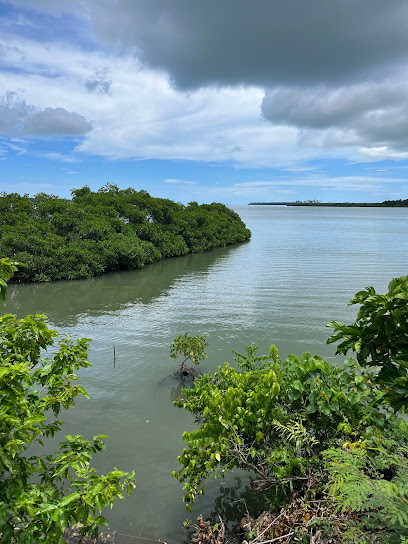
ʻEua
Discover the untouched beauty of 'Eua Island, Tonga's serene paradise filled with lush forests, rich culture, and breathtaking landscapes.
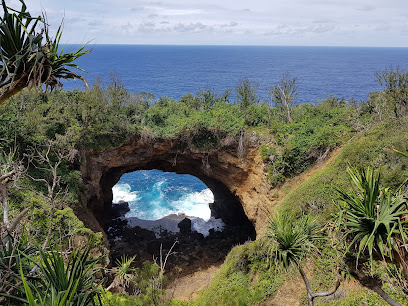
Blue Water Retreat
Experience the ultimate paradise at Blue Water Retreat in Tufuvai, Tonga, where adventure meets relaxation amidst stunning natural beauty.
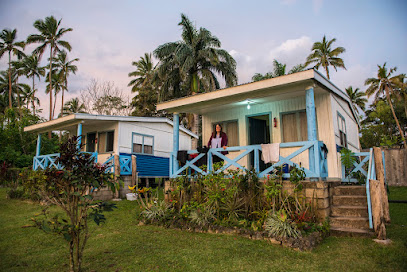
Paepae o Tele'a
Explore the ancient allure of Paepae o Tele'a, a historic landmark in Mu'a that showcases Tonga's rich cultural heritage and breathtaking landscapes.
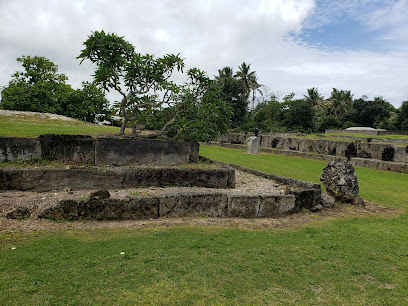
Maka Fa'akinanga
Explore the cultural heritage of Tonga at Maka Fa'akinanga, a historical landmark offering insights into the island's rich traditions and history.
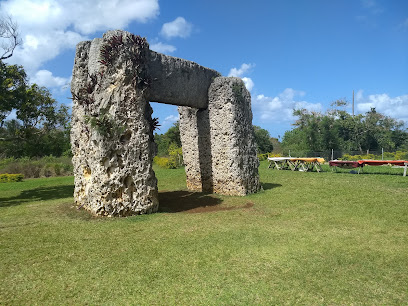
'Eua Kaufana Airport
Discover the stunning Eua Kaufana Airport, your gateway to exploring Tonga's natural beauty and rich cultural heritage.
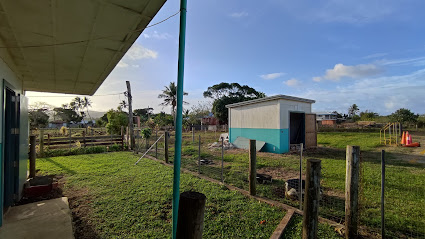
Rock Garden Coral Formations
Explore the hidden beauty of the Rock Garden Coral Formations in Pangai, a stunning nature preserve filled with vibrant marine life and breathtaking coral reefs.
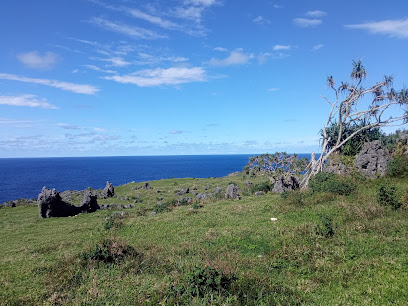
Hufangalupe
Discover the enchanting Hufangalupe Bridge in Fua'amotu, a stunning coastal landmark offering breathtaking views and a glimpse of Tongan culture.
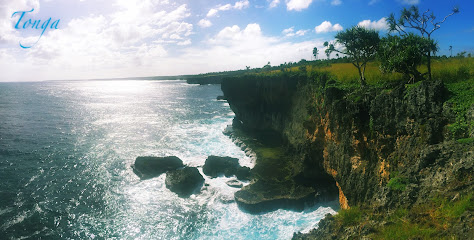
ʻEua National Park
Explore 'Eua National Park, a stunning natural wonder in Tonga, featuring lush rainforests, breathtaking cliffs, and diverse wildlife awaiting your adventure.
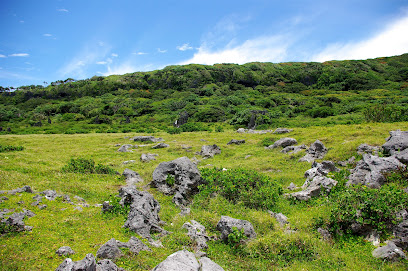
Unmissable attractions to see
Mapu'a Vaea Blowholes
Experience the breathtaking beauty of Mapu'a Vaea Blowholes in Houma, where nature's power creates stunning water displays against a dramatic coastline.
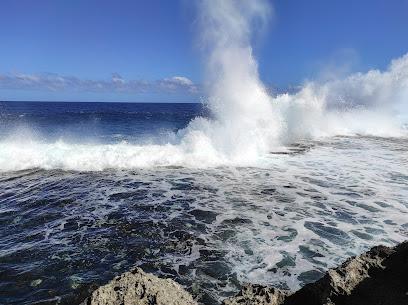
Anahulu Cave
Explore Anahulu Cave in Haveluliku, a natural wonder with stunning limestone formations and serene waters, perfect for adventure and relaxation.
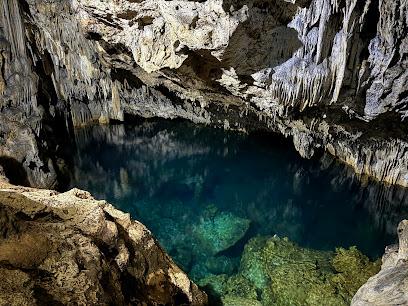
Royal Palace Of Tonga
Explore the Royal Palace of Tonga, a historic landmark in Nuku'alofa showcasing the rich heritage and royal traditions of the Tongan people.
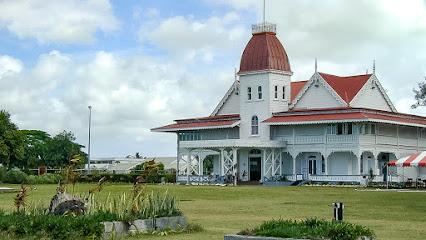
Royal Tombs
Uncover the royal heritage of Tonga at the Royal Tombs in Nuku'alofa, a historical landmark that showcases the island's rich cultural legacy.
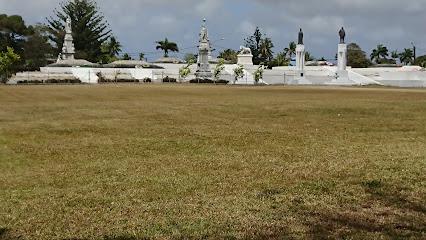
3 Headed Coconut
Discover the unique 3 Headed Coconut in Matahau, Tonga – a natural wonder that showcases the beauty and charm of the island's rich biodiversity.
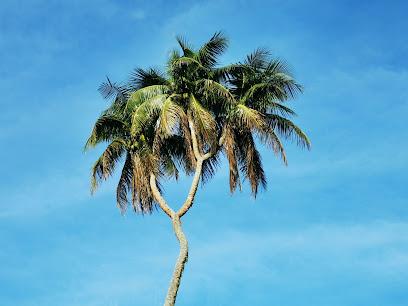
Captain Cook Landing Site
Explore the Captain Cook Landing Site in Alaki, a captivating historical landmark marking the first landfall of Captain Cook in Tonga.
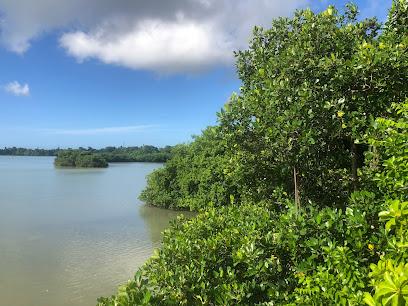
Veitongo Beach
Experience the untouched beauty of Veitongo Beach in Tonga, a serene retreat perfect for relaxation, snorkeling, and breathtaking sunsets.
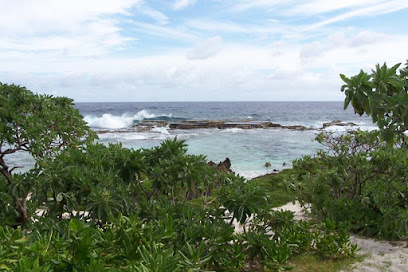
Teta Tours
Experience the best of Tonga with Teta Tours, your premier travel agency for unforgettable island adventures and cultural insights.
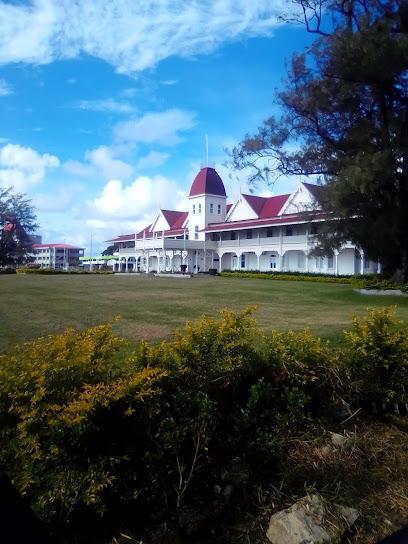
Whale Swimming & Watching Tours
Discover the enchanting world of humpback whales with unforgettable whale swimming and watching tours in the pristine waters of Tonga.

Essential places to dine
Cafe Escape
Experience delightful dining at Café Escape in Nuku'alofa, where Tongan flavors meet international cuisine in a cozy atmosphere.
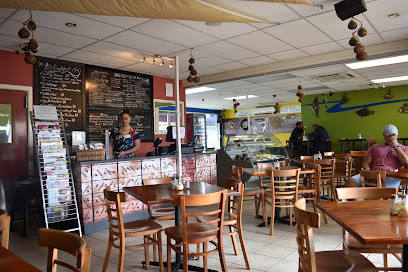
Billfish Bar and Restaurant
Experience Tongan hospitality at Billfish Bar and Restaurant - where delicious local flavors meet stunning views in Nuku'alofa.
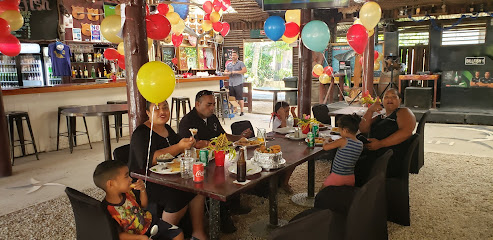
Marco's Pizza Pasta
Experience the authentic taste of Italy at Marco's Pizza Pasta in Nuku'alofa - where every dish tells a delicious story.
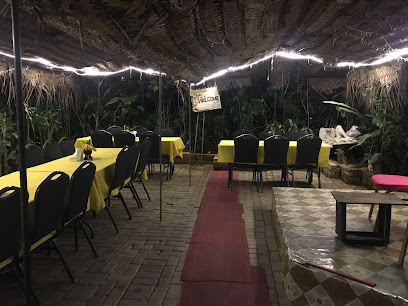
Chef Zero Restaurant
Experience authentic Tongan cuisine at Chef Zero Restaurant in Nuku'alofa, where fresh ingredients meet island flavors in a cozy setting.
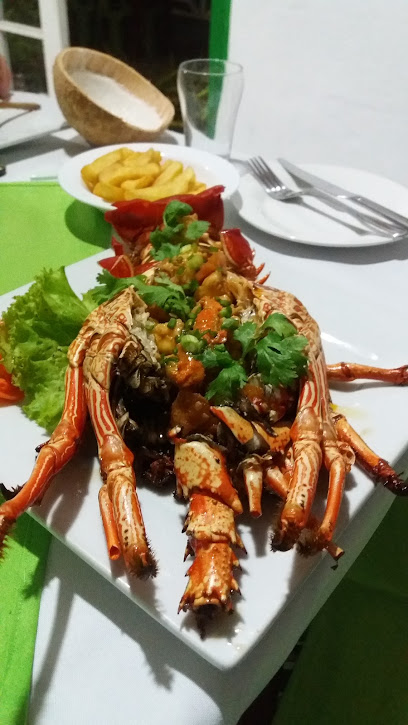
The TOP Restaurant and Lounge
Experience culinary excellence at The TOP Restaurant and Lounge in Nuku'alofa - where Tongan flavors meet modern dining elegance.
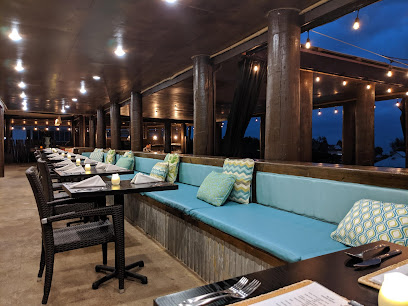
Little Italy Pizzeria Restaurant
Discover Little Italy Pizzeria in Nuku'alofa – your go-to destination for authentic Italian cuisine and delightful pizza experiences.
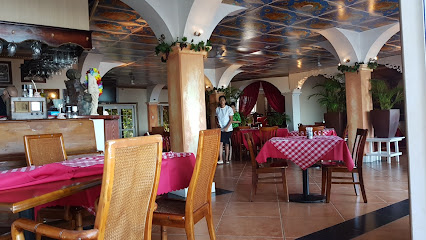
Mum's Cafe Nukualofa
Discover authentic Tongan cuisine at Mum's Cafe in Nuku'alofa—where every meal is infused with local flavors and heartfelt hospitality.
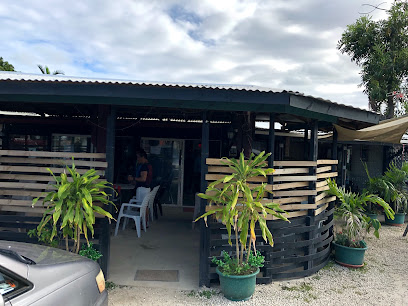
Lunarossa Restaurant
Experience the flavors of Italy at Lunarossa Restaurant in Nuku'alofa, where fresh ingredients meet warm Tongan hospitality.
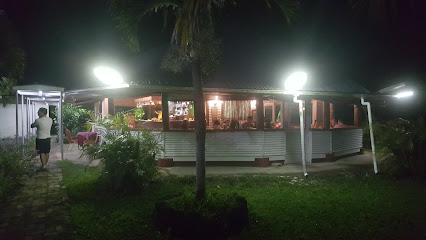
Ngutulei Bar & Restaurant
Experience authentic Tongan cuisine at Ngutulei Bar & Restaurant – where every meal tells a story.
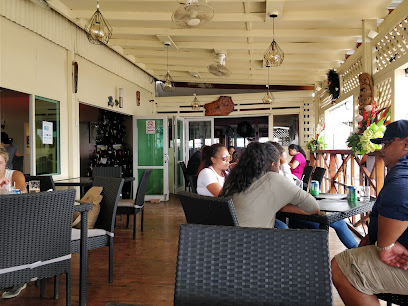
Evergreen Chinese Restaurant
Experience the best of authentic Chinese cuisine at Evergreen Chinese Restaurant in Nuku'alofa.
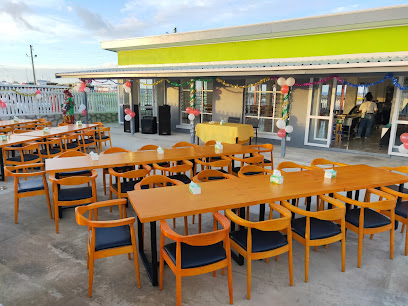
Vietnamese Cafe
Experience authentic Vietnamese cuisine at its finest in Nuku'alofa's charming Vietnamese Cafe, where flavor meets tradition.
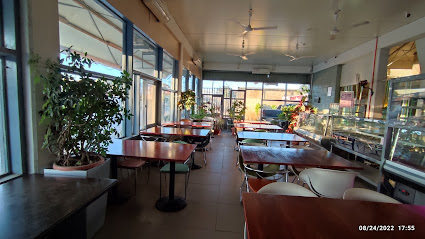
Young’s Kitchen
Experience authentic Tongan cuisine at Young’s Kitchen in Nuku'alofa – a hidden culinary gem offering delicious local flavors.
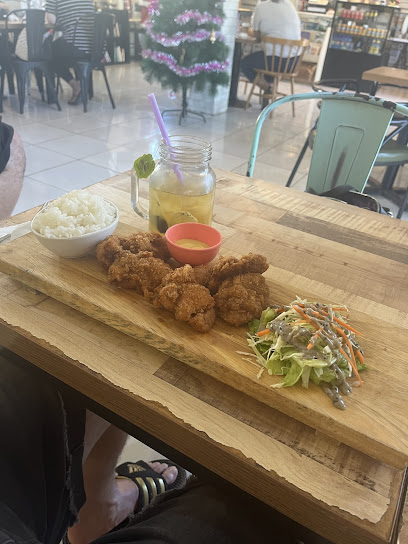
Frangipani - Korean Restaurant/Karaoke
Discover authentic Korean cuisine at Frangipani in Nuku'alofa - where delicious flavors meet vibrant karaoke fun!
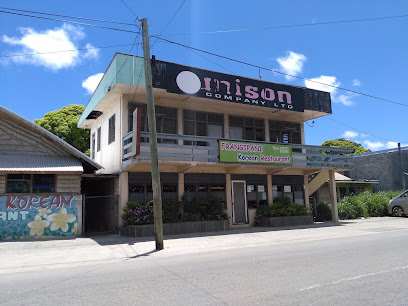
Sabrina's Chicken Vilovilo
Experience the authentic taste of Tonga at Sabrina's Chicken Vilovilo - where barbecue meets island hospitality.
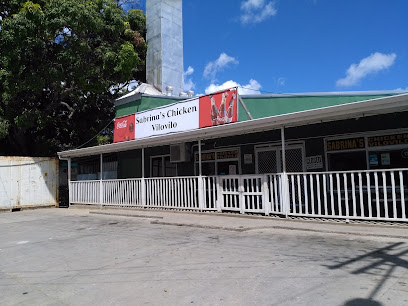
Singapore Restaurant
Discover the vibrant tastes of Singaporean cuisine in Nuku'alofa's top-rated restaurant featuring authentic dishes that delight every palate.
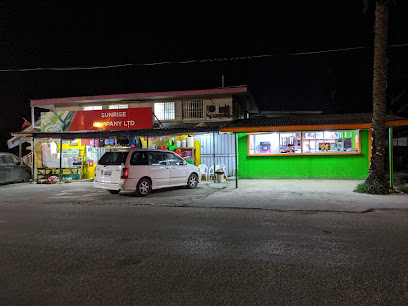
Markets, malls and hidden boutiques
Talamahu Market
Discover the heart of Tongan culture at Talamahu Market, where fresh food, local crafts, and vibrant interactions await every visitor.
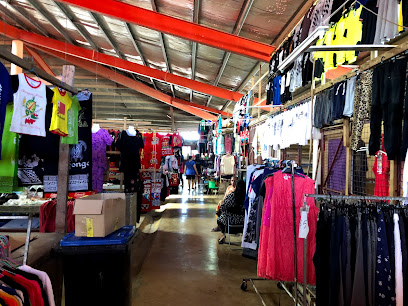
Hiki 'O Tonga
Discover the vibrant shopping experience at Hiki 'O Tonga in Nuku'alofa, where Tongan culture meets modern retail therapy.
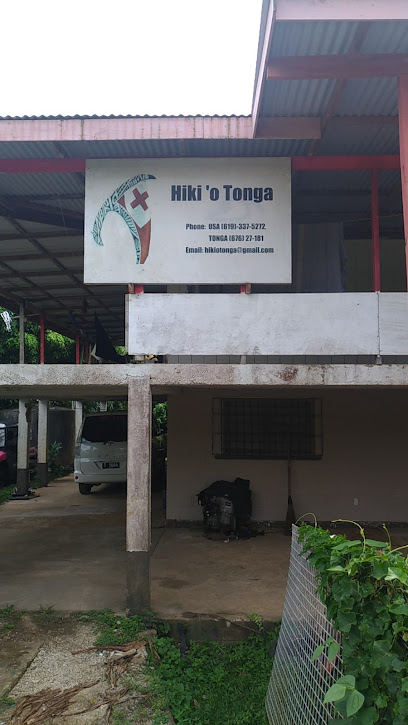
EZ TONGA ONLINE SHOPPING
Discover local Tongan products at EZ Tonga Online Shopping, your go-to e-commerce service for authentic island goods and groceries.

PTH Timber & Hardware
Explore PTH Timber & Hardware in Nuku'alofa for all your DIY and home improvement needs, where friendly service meets quality products.
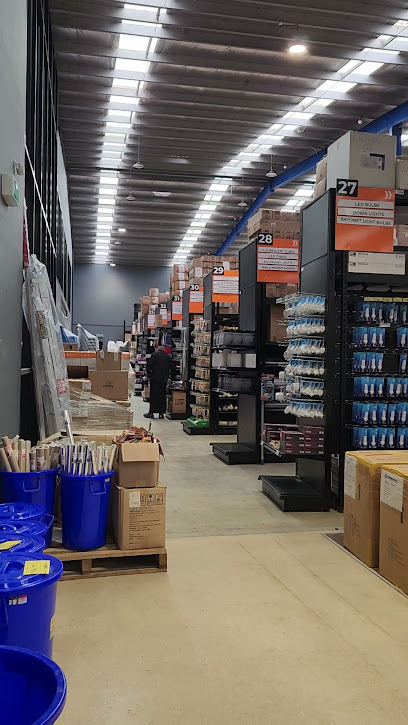
Si'i Kae Ola Supermarket
Experience local culture and flavors at Si'i Kae Ola Supermarket in Nuku'alofa, your gateway to Tongan culinary delights.
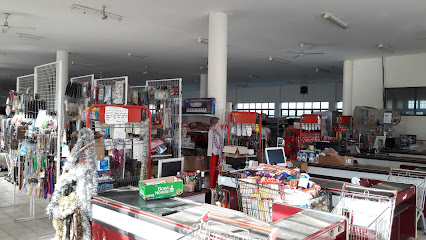
Friendly Island Bookshop
Explore the rich literary heritage of Tonga at Friendly Island Bookshop, your gateway to Tongan culture and history in Nuku'alofa.
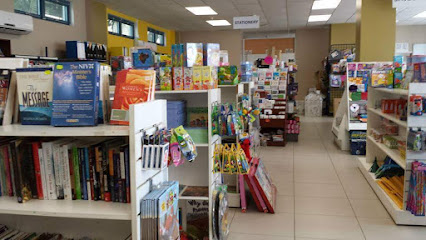
Zeal Tonga
Explore Zeal Tonga in Nuku'alofa for an unparalleled vaporizer shopping experience with expert guidance and a wide selection of top-quality products.
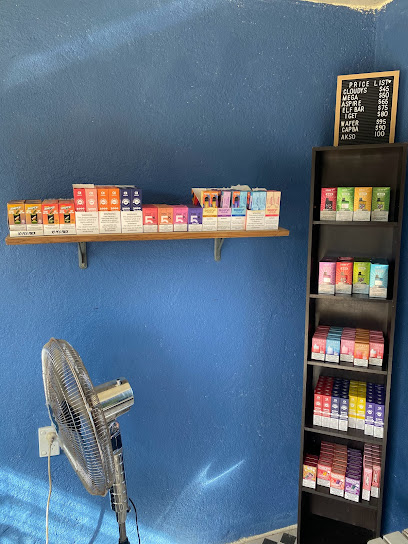
Fakafeta'i Store
Explore the charm of Fakafeta'i Store in Nuku'alofa, where local culture meets quality service in a welcoming atmosphere.
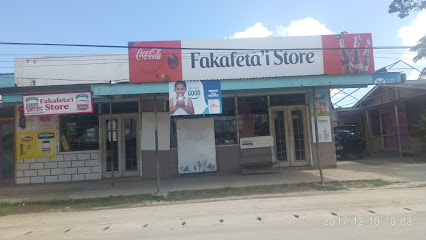
Leiola
Discover the best of local and international beers at Leiola in Nuku'alofa, where every bottle tells a story of Tongan culture.
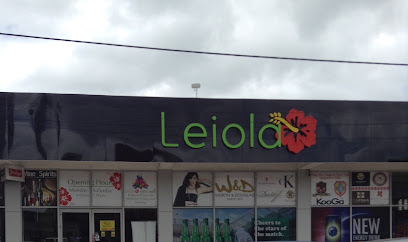
A & A Retailer (Tonga) Ltd
Discover the latest electronics and office supplies at A & A Retailer in Nuku'alofa, your go-to store for modern amenities in Tonga.
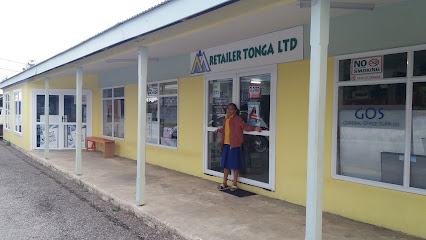
Value City (Tonga) Ltd.
Discover Nuku'alofa's hidden treasures at Value City (Tonga) Ltd., where second-hand shopping becomes an exciting adventure filled with unique finds.
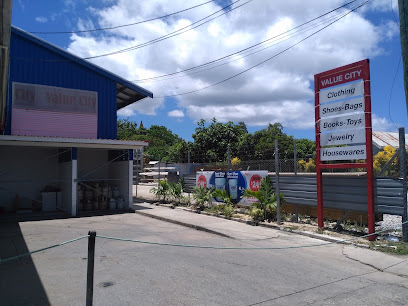
Le-Ata Tonga
Explore Le-Ata Tonga in Nuku'alofa for unique clothing and accessories that reflect the beauty of Tongan culture.
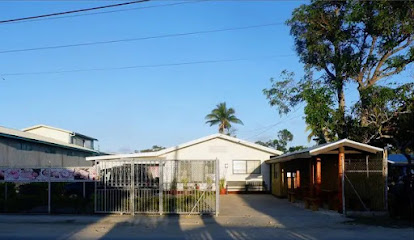
L&G Store
Discover authentic Tongan fashion at L&G Store, a vibrant clothing store in the heart of Nuku'alofa offering unique styles and quality craftsmanship.
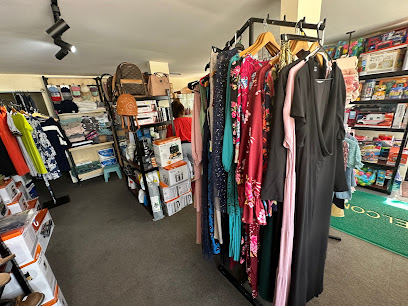
'Amanaki Lelei store
Discover the heart of Tongan artistry at Amanaki Lelei Store in Veitongo, where unique handicrafts await every traveler.
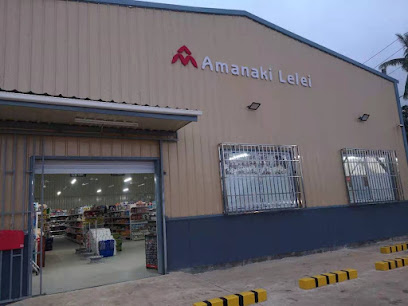
Fehoko Art Creations & The Arts of Tonga
Explore the heart of Tongan artistry at Fehoko Art Creations, a vibrant shopping destination in Nuku'alofa filled with handcrafted treasures.
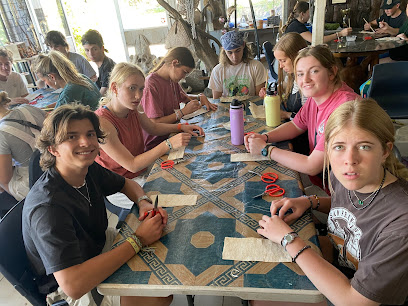
Essential bars & hidden hideouts
Cafe Escape
Discover Cafe Escape in Nuku'alofa for a delightful blend of local and international cuisine, renowned coffee, and a cozy atmosphere.
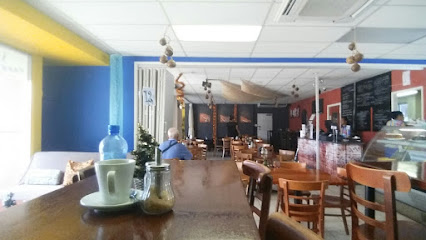
Billfish Bar and Restaurant
Discover the charm of Tonga at Billfish Bar and Restaurant, where local flavors meet international cuisine in a stunning waterfront setting.
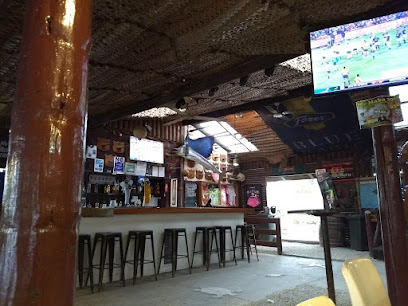
The TOP Restaurant and Lounge
Experience the flavors of Tonga with stunning views at The TOP Restaurant and Lounge in Nuku'alofa, a must-visit for every traveler.
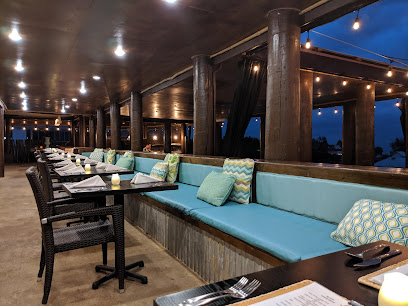
Ngutulei Bar & Restaurant
Experience authentic Tongan cuisine and vibrant hospitality at Ngutulei Bar & Restaurant in Nuku'alofa.
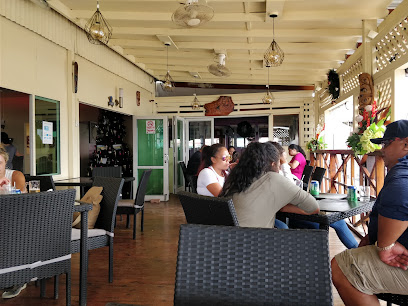
Nauti Ruby's Bar & Restaurant
Experience the vibrant atmosphere and local flavors at Nauti Ruby's Bar & Restaurant, the ultimate spot for relaxation and entertainment in Nuku'alofa.
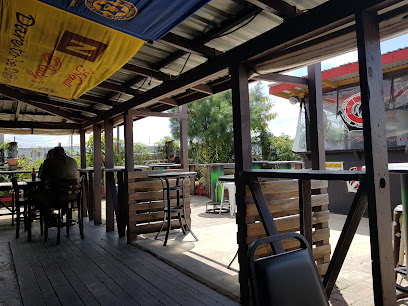
Reload Bar
Discover the lively atmosphere of Reload Bar in Nuku'alofa, where refreshing drinks and friendly locals create an unforgettable nightlife experience.
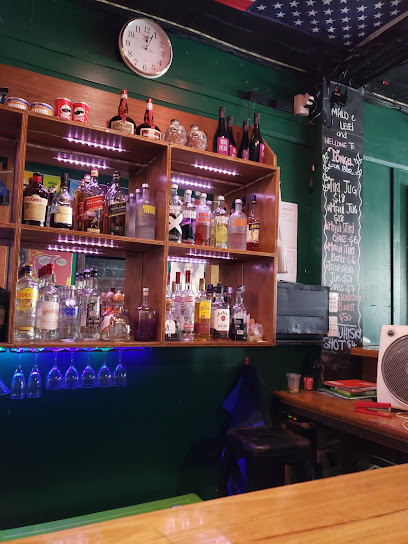
Cottage Breeze Restaurant
Experience authentic Tongan cuisine at Cottage Breeze Restaurant in Nuku'alofa – a culinary gem with breathtaking views.
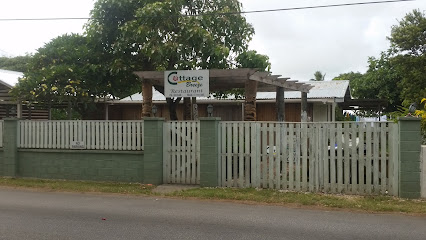
Tali'eva Inn Bar
Experience the vibrant atmosphere of Tali'eva Inn Bar in Nuku'alofa, where local culture meets refreshing drinks in a cozy setting.
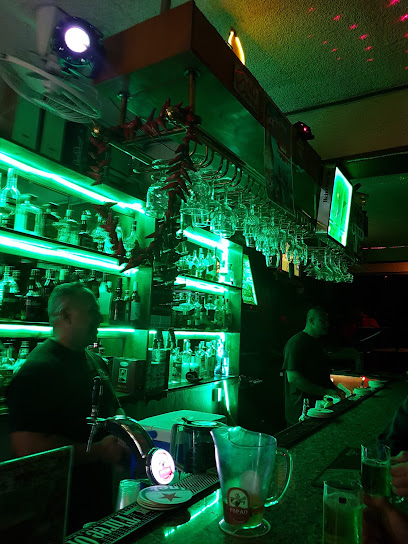
12 Seafood Restaurants
Experience the best seafood in Nuku'alofa, Tonga, where fresh flavors and local culture unite in a culinary journey.
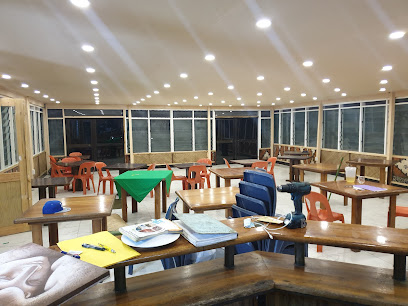
Ifo ifo burger bar
Discover the delicious world of gourmet burgers at Ifo Ifo Burger Bar, the perfect spot for food lovers in Nuku'alofa.

Big Mama's Bar
Discover the vibrant nightlife and tropical charm of Big Mama's Bar on Pangaimotu Island, a perfect escape for tourists in Nuku'alofa.
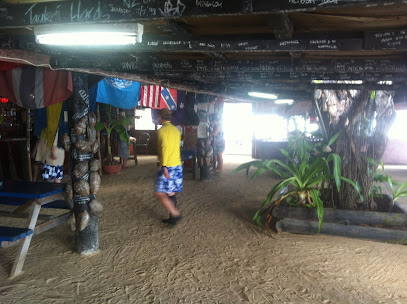
Snak Bar
Experience the culinary delights of Snak Bar in Nuku'alofa, where local flavors meet international cuisine in a cozy atmosphere.
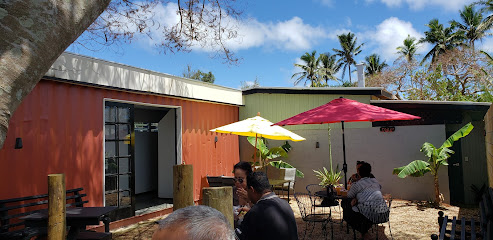
Baluamou bar
Discover the vibrant Baluamou Bar in Nukuhetulu, where tropical drinks and local flavors create a memorable nightlife experience.
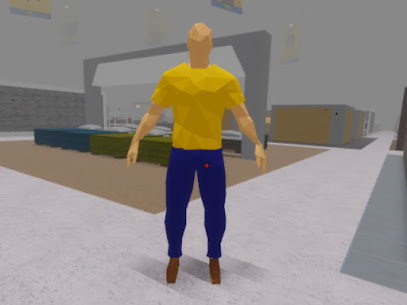
Hakau Horse Bar & Restaurant
Discover the flavors of Tonga at Hakau Horse Bar & Restaurant, a cultural dining experience in Nuku'alofa that blends local cuisine with vibrant atmosphere.
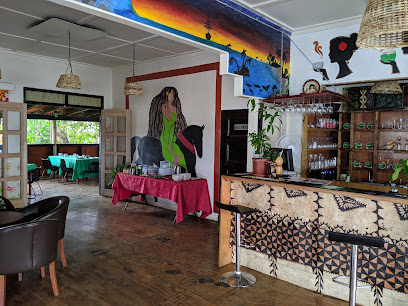
Local Phrases
-
- HelloMalo e lelei
[mah-loh eh leh-leh] - GoodbyeNofo a
[noh-foh ah] - YesIo
[ee-oh] - NoTongi
[tong-ee] - Please/You're welcomeFakaʻilonga
[fah-kah-ee-lohn-gah] - Thank youMālō
[mah-loh] - Excuse me/SorryTulou
[too-loh] - How are you?ʻEku ha koe?
[eh-koo hah koh-eh?] - Fine. And you?Loto mālie. ʻEia ʻoe?
[loh-toh mah-lee-eh. eh-yah oh-eh?] - Do you speak English?Naʻa ne fai lea fakaʻingilisi?
[nah-ah neh fah-ee leh-ah fah-kah-ee-ngil-ee-see?] - I don't understandʻOku te u fakameʻa
[oh-koo teh oo fah-kah-meh-ah]
- HelloMalo e lelei
-
- I'd like to see the menu, pleaseKapau naʻe fakaʻilo e meini, fakamolemole
[kah-pow nah-eh fah-kah-ee-loh eh meh-nee, fah-kah-moh-leh-moh-leh] - I don't eat meatʻOku te uai meʻa
[oh-koo teh oo-ah-ee meh-ah] - Cheers!Mālō
[mah-loh] - I would like to pay, pleaseKapau naʻe fanongoʻi, fakamolemole
[kah-pow nah-eh fah-nohng-oh-ee, fah-kah-moh-leh-moh-leh]
- I'd like to see the menu, pleaseKapau naʻe fakaʻilo e meini, fakamolemole
-
- Help!Fesoasoani!
[feh-so-ah-soh-ah-nee] - Go away!Alu ki tua!
[ah-loo kee too-ah] - Call the Police!Foni atu ki he Pulisi!
[foh-nee ah-too kee heh poo-lee-see] - Call a doctor!Foni atu ki he loa!
[foh-nee ah-too kee heh loh-ah] - I'm lostNaʻaku foki
[nah-ah-koo foh-kee] - I'm illNaʻaku mate
[nah-ah-koo mah-teh]
- Help!Fesoasoani!
-
- I'd like to buy...Kapau naʻe fakatau...
[kah-pow nah-eh fah-kah-tow] - I'm just lookingTe uai au
[teh oo-ah-ee ow] - How much is it?ʻE fakaha e?
[eh fah-kah-hah eh?] - That's too expensiveʻOku lahi e me'a
[oh-koo lah-heh eh meh-ah] - Can you lower the price?Naʻa ne taʻofi e fakaha?
[nah-ah neh tah-oh-fee eh fah-kah-hah?]
- I'd like to buy...Kapau naʻe fakatau...
-
- What time is it?Ko e ha meʻa?
[koh eh hah meh-ah?] - It's one o'clockKo e taha
[koh eh tah-hah] - Half past (10)Ha fakahā (tefula)
[hah fah-kah-hah (teh-foo-lah)] - MorningTokoni
[toh-koh-nee] - AfternoonTokāloto
[toh-kah-loh-toh] - EveningTonga
[tong-ah] - YesterdayʻAho nei
[ah-hoh neh-ee] - TodayʻAho ni
[ah-hoh nee] - TomorrowʻAho ʻapopo
[ah-hoh ah-poh-poh] - 1Taha
[tah-hah] - 2Fua
[foo-ah] - 3Tolu
[toh-loo] - 4Fā
[fah] - 5Nima
[nee-mah] - 6Ono
[oh-noh] - 7Fitu
[fee-too] - 8Valu
[vah-loo] - 9Hiva
[hee-vah] - 10Ua
[oo-ah]
- What time is it?Ko e ha meʻa?
-
- Where's a/the...?Ko fea a/the...?
[koh feh-ah ah/theh] - What's the address?Ko e tuhi fika?
[koh eh too-hee fee-kah?] - Can you show me (on the map)?Naʻa ne fakamonuʻi au (ʻi he mapu)?
[nah-ah neh fah-kah-moh-noo-ee ow (ee heh mah-poo)?] - When's the next (bus)?ʻE haa e hoko (bus)?
[eh hah-ah eh hoh-koh (boos)?] - A ticket (to ....)He lipooti (ki ....)
[heh lee-poh-oh-tee (kee ....)]
- Where's a/the...?Ko fea a/the...?
History of Eua
-
The island of 'Eua is believed to be one of the oldest islands in Tonga, with evidence of human settlement dating back over 3,000 years. Archaeological findings, such as pottery shards and ancient tools, suggest that early Polynesians inhabited 'Eua, leveraging its rich natural resources for sustenance and trade.
-
In 1643, the Dutch explorer Abel Tasman became the first European to sight 'Eua during his exploration of the South Pacific. Tasman’s encounter marked the beginning of European awareness of the Tongan archipelago, although significant interaction with the island's inhabitants did not occur until later.
-
During the early 19th century, Christian missionaries from the London Missionary Society arrived in Tonga and made significant inroads on 'Eua. They introduced Christianity, which gradually replaced indigenous beliefs and traditions. The missionaries also contributed to the development of written Tongan language and education.
-
During World War II, 'Eua played a strategic role in the Pacific theater. The island served as a lookout point for Allied forces due to its high elevation and strategic location. Remnants of wartime installations, such as bunkers and observation posts, can still be found on the island.
-
In 1992, the Tongan government established 'Eua National Park, recognizing the island's unique biodiversity and ecological significance. The park protects native flora and fauna, including rare bird species and ancient rainforest, fostering conservation and eco-tourism.
-
'Eua is known for preserving traditional Tongan cultural practices, including mat weaving, tapa cloth making, and the performance of traditional dances and songs. These practices are an integral part of the island’s cultural heritage and are showcased during local festivals and ceremonies.
Eua Essentials
-
Eua is accessible by a short domestic flight from Tongatapu’s Fuaʻamotu International Airport to Eua’s Kaufana Airport. The flight takes approximately 8-10 minutes. Alternatively, you can take a ferry from Nuku'alofa, the capital of Tonga on the main island of Tongatapu. The ferry ride takes about 2.5 to 3 hours.
-
Eua is a small island, and many of its attractions are easily reachable by foot or bicycle. For longer distances, you can hire a car or use local taxis. There are no public buses on the island, but some accommodations offer shuttle services to various points of interest. Renting a vehicle is recommended for exploring the island’s remote areas at your own pace.
-
The official currency in Tonga is the Tongan Paʻanga (TOP). It's advisable to carry cash as credit card facilities are limited and ATMs can be scarce on Eua. Ensure you withdraw enough cash in Tongatapu before traveling to Eua. Some accommodations and larger establishments may accept credit cards, but smaller shops and local vendors typically deal in cash.
-
Eua is generally a safe destination with low crime rates. However, it is always wise to take standard precautions such as avoiding walking alone at night in unfamiliar areas and keeping an eye on your belongings. There are no specific high-crime areas targeting tourists on Eua.
-
In case of an emergency, dial 911 for immediate assistance. Eua has a small hospital for medical emergencies, but more serious conditions may require transfer to Tongatapu. Ensure you have travel insurance that covers medical emergencies. For minor health issues, there are local pharmacies where you can purchase over-the-counter medications.
-
Fashion: Do dress modestly; avoid revealing clothing. Lightweight, breathable fabrics are recommended due to the tropical climate. Religion: Do respect local customs and traditions. Dress conservatively when visiting churches and remove your hat. Public Transport: Do be respectful to drivers and fellow passengers. Transportation options are limited, so plan ahead. Greetings: Do greet people with a friendly 'Malo e lelei' (Hello). Handshakes are common, especially in formal settings. Eating & Drinking: Do try local dishes and accept food offerings graciously. It's polite to show appreciation for the food and hospitality.
-
To experience Eua like a local, visit the island’s natural attractions such as the ‘Eua National Park, where you can hike and explore caves. Engage with the locals, who are friendly and eager to share their culture and history. Don't miss the opportunity to attend a traditional Tongan feast (umu) if invited, and try kava, a traditional drink. Visiting local markets provides a glimpse into daily life and offers the chance to purchase handmade crafts.
Nearby Cities to Eua
-
Things To Do in Ha'ano
-
Things To Do in Neiafu
-
Things To Do in Ha'apai
-
Things To Do in Foa
-
Things To Do in Pangai
-
Things To Do in Nuku'alofa
-
Things To Do in Vava'u
-
Things To Do in Kolovai
-
Things To Do in Levuka
-
Things To Do in Nausori
-
Things To Do in Suva
-
Things To Do in Savusavu
-
Things To Do in Rakiraki
-
Things To Do in Sigatoka
-
Things To Do in Labasa





